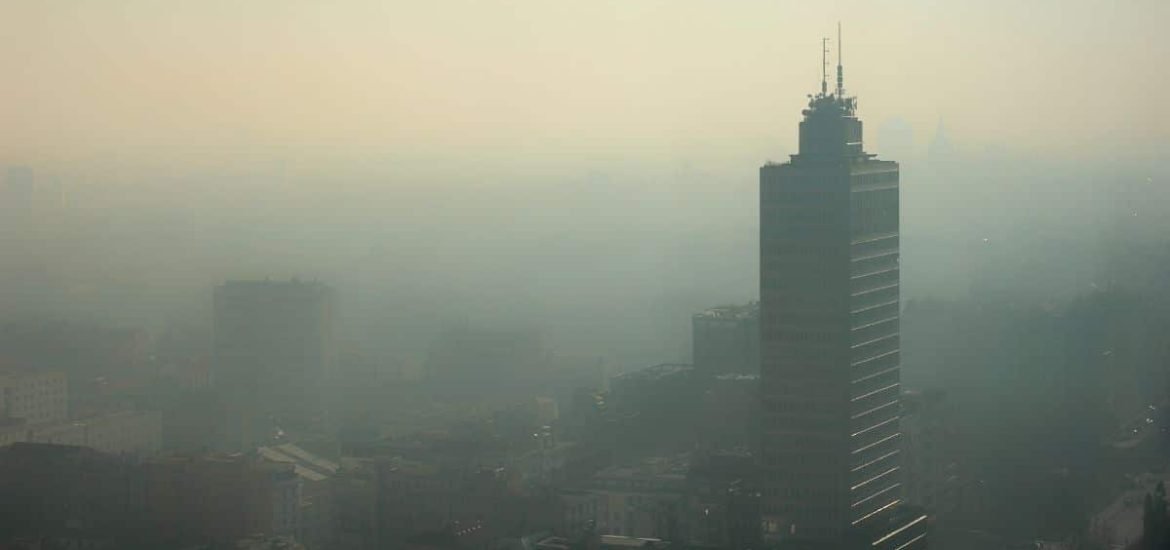
The lockdown measures rolled out across Europe in response to the coronavirus pandemic have delivered health benefits equivalent to avoiding thousands of premature deaths over the past month, according to a new report published on 30 April by the Centre for Research on Energy and Clean Air (CREA).
The researchers performed statistical modelling of air quality to precisely pinpoint the effects of changes in emissions on health during the pandemic. Overall, they found that cleaner air has likely averted 11,000 premature deaths over the past 30 days. In Germany, Britain, and Italy, the benefits may have exceeded the equivalent of more than 1,500 premature deaths in each individual country.
Air pollution has fallen dramatically and can be attributed to the widespread interventions implemented across Europe to combat the coronavirus. Since people started staying home and output from greenhouse-gas spewing industries has dramatically slowed, nitrogen dioxide (NO2) pollution – a harmful gas primarily produced from road transport – has fallen by almost 40 per cent across Europe, and there has been a 10 per cent decrease in average levels of particulate pollution over the past month.
Lead analyst at the Helsinki-based Centre for Research on Energy and Clean Air, Lauri Myllyvirta, said: “Our analysis highlights the tremendous benefits for public health and quality of life that could be achieved by rapidly reducing fossil fuels in a sustained and sustainable way”. He equates the outcome to the same as “everyone in Europe stopping smoking for a month”.
The study, which covered 21 European countries, has also estimated that 1.3 million fewer days of absence from work and 6,000 fewer new cases of asthma in children would be expected with the lower pollution levels, as well as 1,900 avoided emergency room visits due to asthma attacks and 600 fewer preterm births.
Pollution may also explain why some parts of the world have seen significantly higher rates of mortality. Indeed, the reduction in air pollution is certainly good news for anyone who is unfortunate enough to contract the virus. Two recent studies, one in Europe and the other in the US, have demonstrated a link between high levels of air pollution and coronavirus mortality rates (1,2).
The CREA researchers similarly noted that prolonged exposure to air pollution prior to the pandemic could have caused or worsened conditions that increase the risk of death for COVID-19 patients, such as diabetes, lung disease, heart disease, and cancer.
Regardless of the immediate cause of the unprecedented reductions, cutting down air pollution can only be viewed as positive. The new findings should be a clear incentive for European policymakers “to prioritise clean air, clean energy, and clean transport as part of the plans for recovering from the crisis”, says Myllyvirta.
“Air pollution levels are plummeting as an unintended result of measures against the virus; this should not be seen as a ‘silver lining’, but it does show how normalised the massive death toll from air pollution has become and points to what can be achieved if we shift to clean energy”.
(1) Ogen, Y. et al. Assessing nitrogen dioxide (NO2) levels as a contributing factor to coronavirus (COVID-19) fatality. Science of the Total Environment (2020). DOI: 10.1016/j.scitotenv.2020.138605
(2) Wu, X. et al. Exposure to air pollution and COVID-19 mortality in the United States: A nationwide cross-sectional study. medRxiv (2020). DOI: 10.1101/2020.04.05.20054502